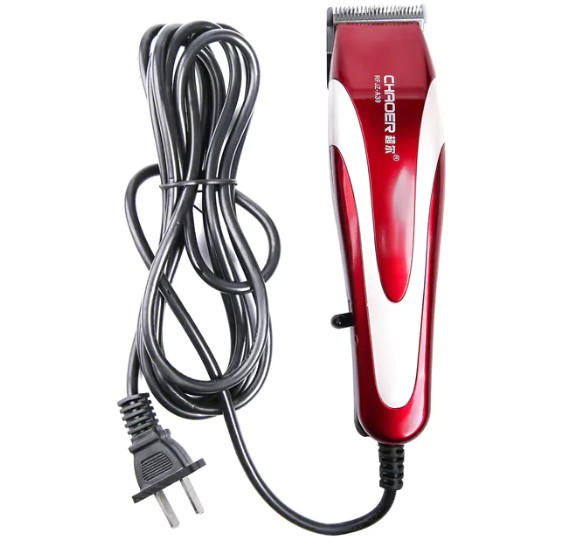When it comes to choosing professional hair clippers for different hair types, it's important to consider factors such as the hair texture, length, and desired style. Here are some guidelines to help you find the right fit:
-
Hair Texture: Different hair textures require different types of clippers. For coarse or thick hair, look for clippers with a powerful motor and sharp blades to handle the density and thickness effectively. For fine or thin hair, choose clippers with adjustable settings and blade options to prevent pulling or damaging the hair.
-
Clipper Blades: The type of blade on the clippers can make a difference in achieving desired results. For general use, stainless steel blades are a common choice as they are durable and versatile. Some clippers come with additional blade attachments or guards for different lengths, which can be useful for creating various haircuts or styles.
-
Motor Power: Consider the motor power of the clippers. For thick or coarse hair, look for clippers with a strong motor to ensure efficient cutting without pulling or snagging. Clippers with high-speed motors are often preferred for professional use as they can handle different hair types effectively.

-
Corded or Cordless: Decide whether you prefer corded or cordless clippers. Corded clippers provide continuous power, making them suitable for longer cutting sessions. Cordless clippers offer more flexibility and mobility, which can be advantageous for maneuvering around the head or in hard-to-reach areas. Ensure that the battery life of cordless clippers is sufficient for your needs.
-
Adjustable Settings: Look for clippers with adjustable settings, such as multiple cutting lengths or tapering options. This versatility allows you to customize the haircut or style based on the specific hair type and desired look. Clippers with a wide range of length settings are particularly useful for blending and creating different fades.
-
Ergonomics and Comfort: Consider the ergonomics and comfort of the clippers, especially if you anticipate longer cutting sessions. Look for clippers with a comfortable grip and lightweight design to minimize fatigue and strain on your hand and wrist.
-
Noise and Heat: Pay attention to the noise level and heat generation of the clippers. Some clippers are designed to operate quietly, which can be beneficial in a professional setting. Additionally, clippers with efficient heat dissipation mechanisms help prevent overheating and discomfort during use.
-
Maintenance and Accessories: Consider the maintenance requirements of the clippers. Look for clippers that are easy to clean and maintain, with detachable blades for convenience. Additionally, check if the clippers come with essential accessories such as lubricating oil, cleaning brushes, and blade guards.
By considering these factors and tailoring your choice of professional hair clippers to the specific hair types you'll be working with, you can find a reliable tool that provides precise and efficient results, while keeping your clients satisfied.



 简体中文
简体中文











